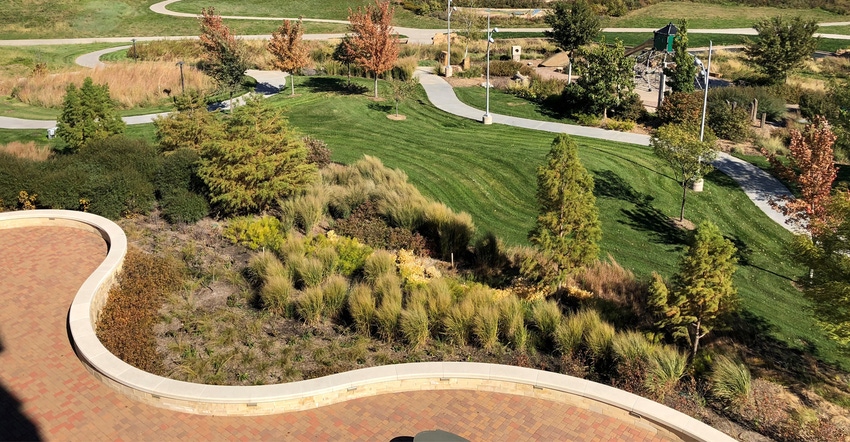October 29, 2018

For Lincoln residents, Antelope Creek isn't just a body of water. The creek, which runs from 84th Street and Highway 2 to 14th Street and Cornhusker Highway, is a major geographical feature of Union Plaza — a linear park east of downtown. The creek's riparian area is also home to 11 miles of bike paths that connect to over 131 miles of trails in the city.
In October, city, state and federal officials announced Antelope Creek has been removed from the U.S. Environmental Protection Agency's Impaired Waters list. Only 90 creeks in the U.S. have been removed from the list in the last 15 years, and only 14 of those are in urban areas.
Antelope Creek was first added to the Clean Water Act List of Impaired Waters by the Nebraska Department of Environmental Quality in 2004. At the time, levels of E. coli bacteria were over 25 times the water quality standard. A creek, stream, river, pond or lake can be removed from the Impaired Waters list only if they meet water quality standards set by NDEQ and approved by EPA.
Nebraska's water quality standards describe the desired condition of a body of water. Waterbodies are assigned beneficial uses such as recreation, aquatic life and water supply. Antelope Creek has a recreation water quality standard, which is used to protect human health, aquatic life and all beneficial uses of the creek.
Improving Antelope Creek and the surrounding area has been a collaborative project for more than 20 years involving the city, Lower Platte South Natural Resources District, University of Nebraska, NDEQ, Nebraska Environmental Trust, and other partners and local businesses.
The Antelope Valley Project, which reduced flooding, improved traffic flow and spurred revitalization in the of the city, also exposed the creek water to more sunlight, which helped break down the E. coli bacteria.
"The Antelope Creek project symbolizes the kind of can-do spirit that energizes Nebraskans to work together to solve tough problems and be good stewards of our natural resources," said Gov. Pete Ricketts. "Because of this project, homes and businesses are protected from floods, traffic flows more smoothly, new projects are flourishing along the stream corridor, and new venues for recreation were created. Thank you to the numerous partners who helped make today a reality."
E. coli, which can be found in any body of water, is a species of bacteria specific to fecal material from people and warm-blooded animals, and can occur naturally. Since the mid-2000s, Antelope Creek has benefited from about 15 stormwater quality improvement projects and two major flood control projects with funding from local, state and federal sources.
Residents and businesses along and near Antelope Creek have installed sustainable landscaping projects, including the installation of 119 residential rain gardens. Permeable pavers and rain gardens have been installed in key locations throughout the creek area.
Other projects have included Assurity Life Insurance Co.'s green roof and the Lincoln Children's Zoo's installation of rain gardens and special storm drain inlets designed to filter animal waste and sediment.
“The removal and de-listing of Antelope Creek for E. coli contamination is a tribute to the vision, courage and tenacity of the many local, state and federal partners who coordinated efforts to create a safe, healthy and vital resource for the city of Lincoln,” said NDEQ Director Jim Macy. “This is a historic accomplishment for Nebraska and among only a handful of similar successes in the nation.”
Source: Nebraska Association of Resources Districts
You May Also Like




